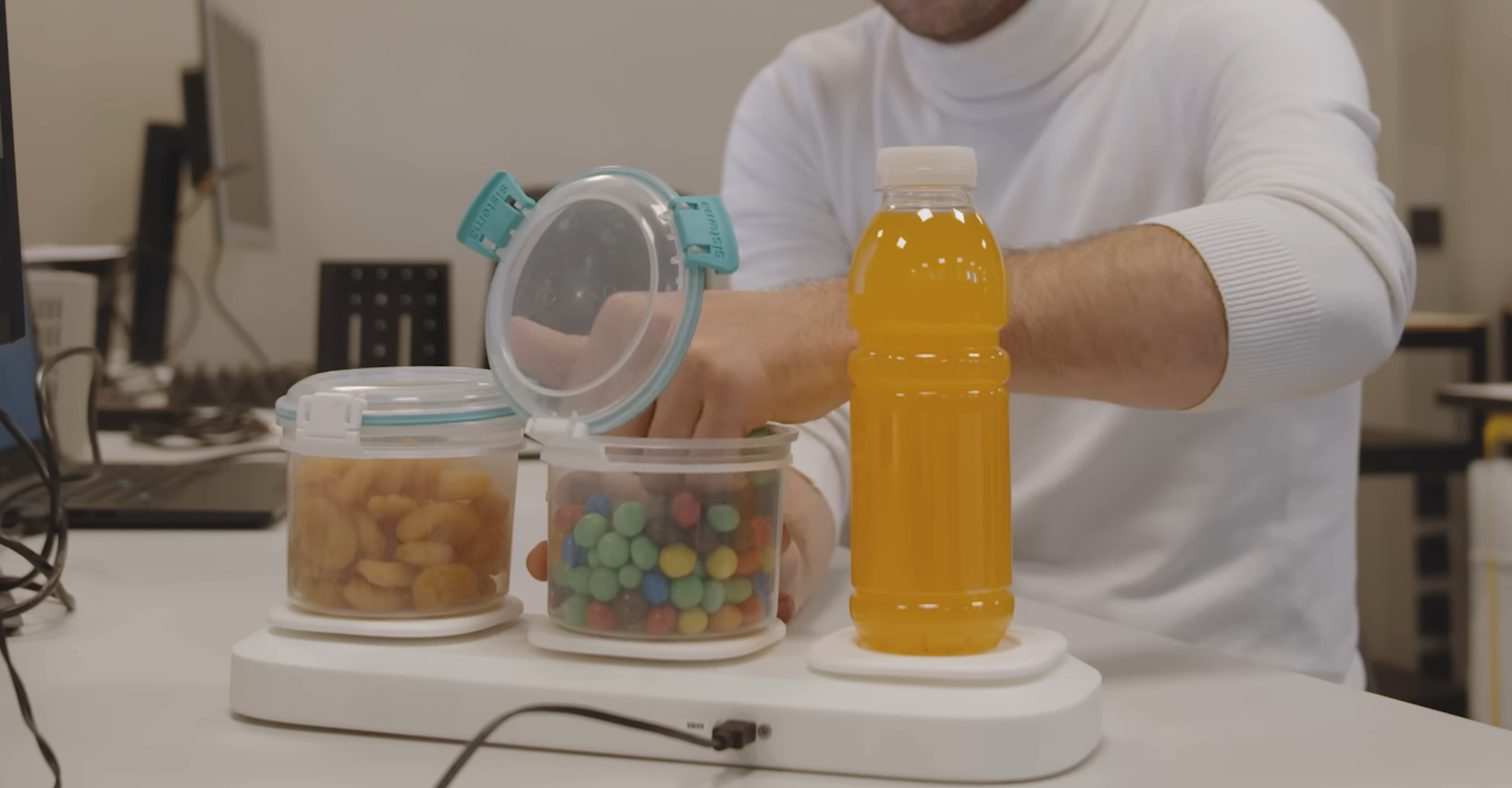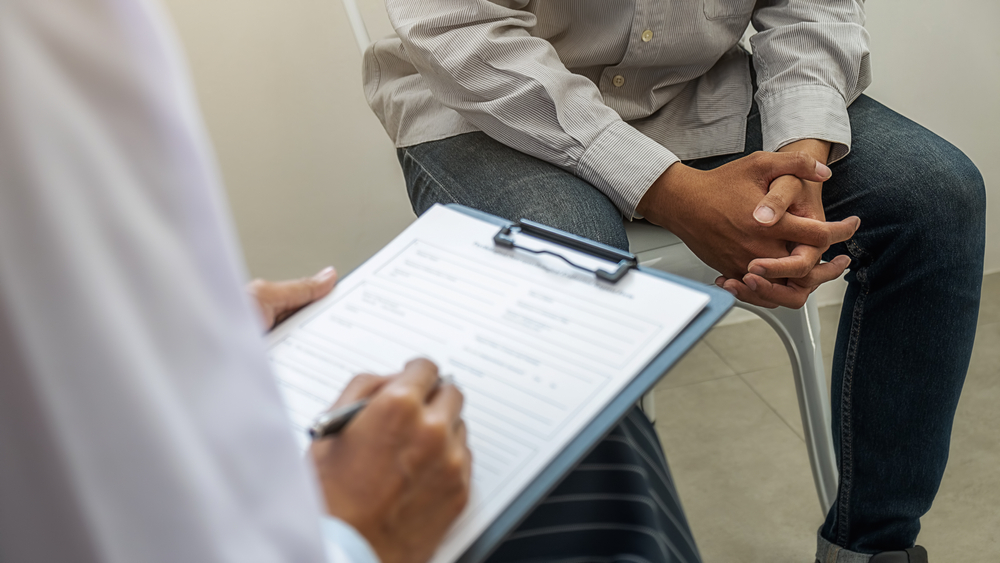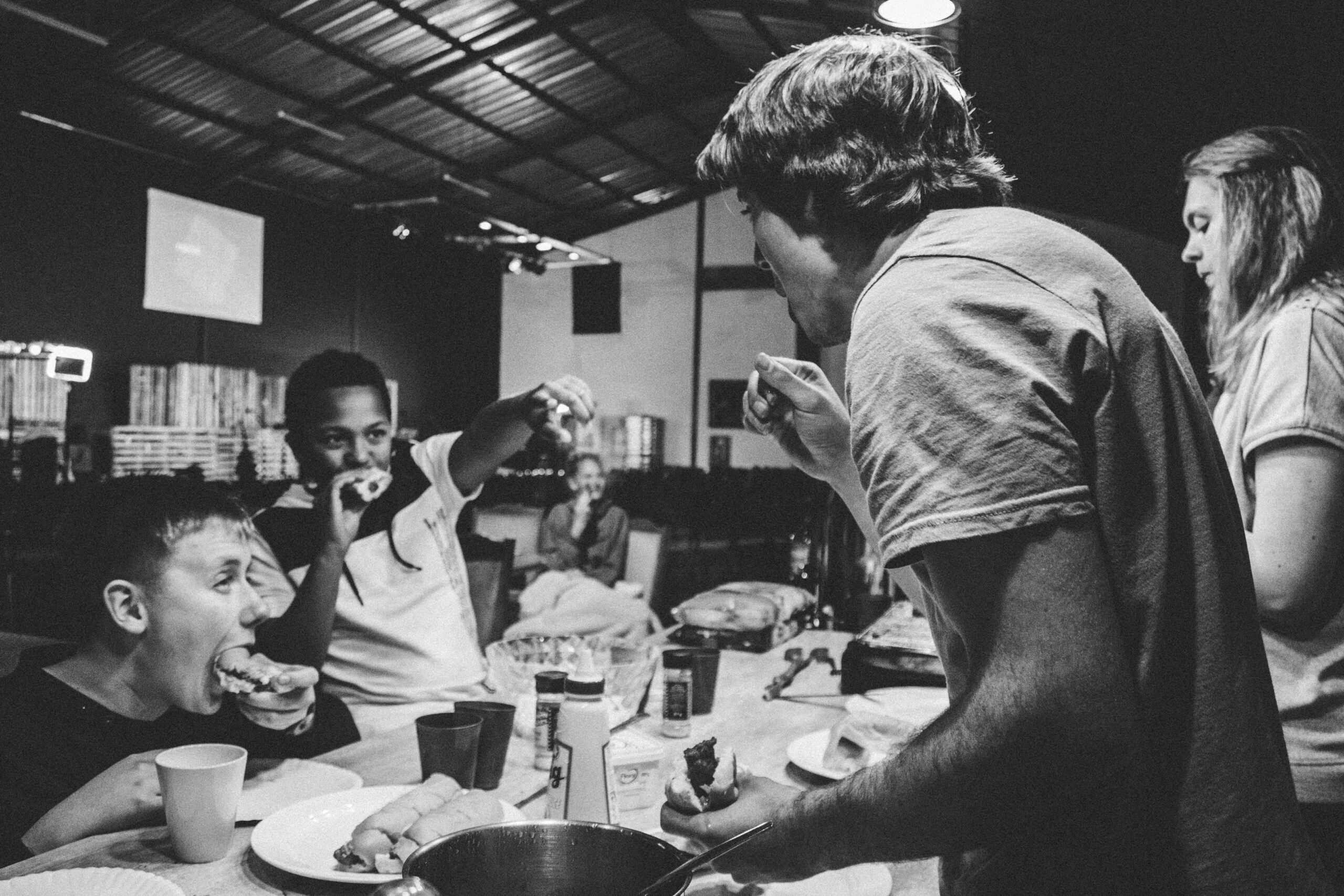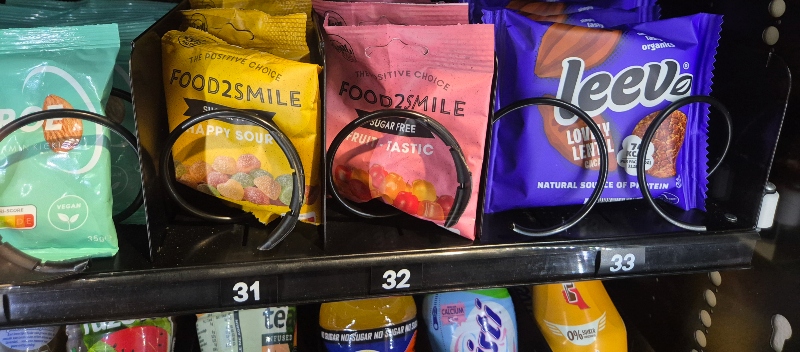Nutrition researchers often ask participants in their studies to keep a log of their eating behaviour. This method is not very precise, as items are forgotten or deliberately left out. Femke de Gooijer (Nutrition and Health and OnePlanet Research Center) developed a SnackBox that could solve this issue.
During her PhD, De Gooijer, who has a background in mechanical engineering, studies technological innovations to monitor food intake and snacking behaviour in particular. That resulted in the SnackBox. ‘I built the first version of the SnackBox myself in my father’s garage’, De Gooijer says, laughing. She recently published the results of a validation study of this “state-of-the-art scale”.
Eating log books
‘The golden standard for recording what subjects eat during a study has always been the 24-hour recall. The researcher calls during the day to ask what you ate the day before. And, although we now use apps to obtain this information sooner, we still depend on the person’s memory, and that has a margin of error’, De Gooijer says.
‘While our main meals are reasonably structured in terms of composition and timing, snacking behaviour varies a lot more, making it more difficult to remember. Some people also feel embarrassed to report how many snacks they have eaten, which results in under-reporting snacks.’
SnackBox
‘The SnackBox is really a board with three small scales where you can place snacks, which the participants use. A bowl of M&Ms, for example, or a bottle of soda. The SnackBox continuously weighs the snacks that are placed on it and, hence, also what is removed. We assume that everything that is taken is also eaten.’ The data thus gathered enables De Gooijer to see when someone has taken an item and from which bowl. ‘The data is stored in the cloud, and we could even, in response to the snacking, send interventions or surveys to the subject to question or influence their behaviour.’
In De Gooijer’s most recent publication, she compares a 5-hour recall through an app on the subject’s phone to data obtained with the SnackBox. ‘Participants were given a specific weight in snacks. What they did not consume was returned to us so that we could weigh it. The difference in weight represented what had been eaten. We then compared this to results from the SnackBox and app.
Housemates
Only sixty per cent of the snacks were recorded in the app. The accuracy of the SnackBox was eighty per cent. ‘There was still some error. We think this is due to the failure to use the device correctly. For example, by grabbing a snack while the device was switched off, or housemates taking a snack.’

 De SnackBox is being used by co-researcher Alex van Kraaij. Photo screenshot Universiteit van Nederland
De SnackBox is being used by co-researcher Alex van Kraaij. Photo screenshot Universiteit van Nederland 

